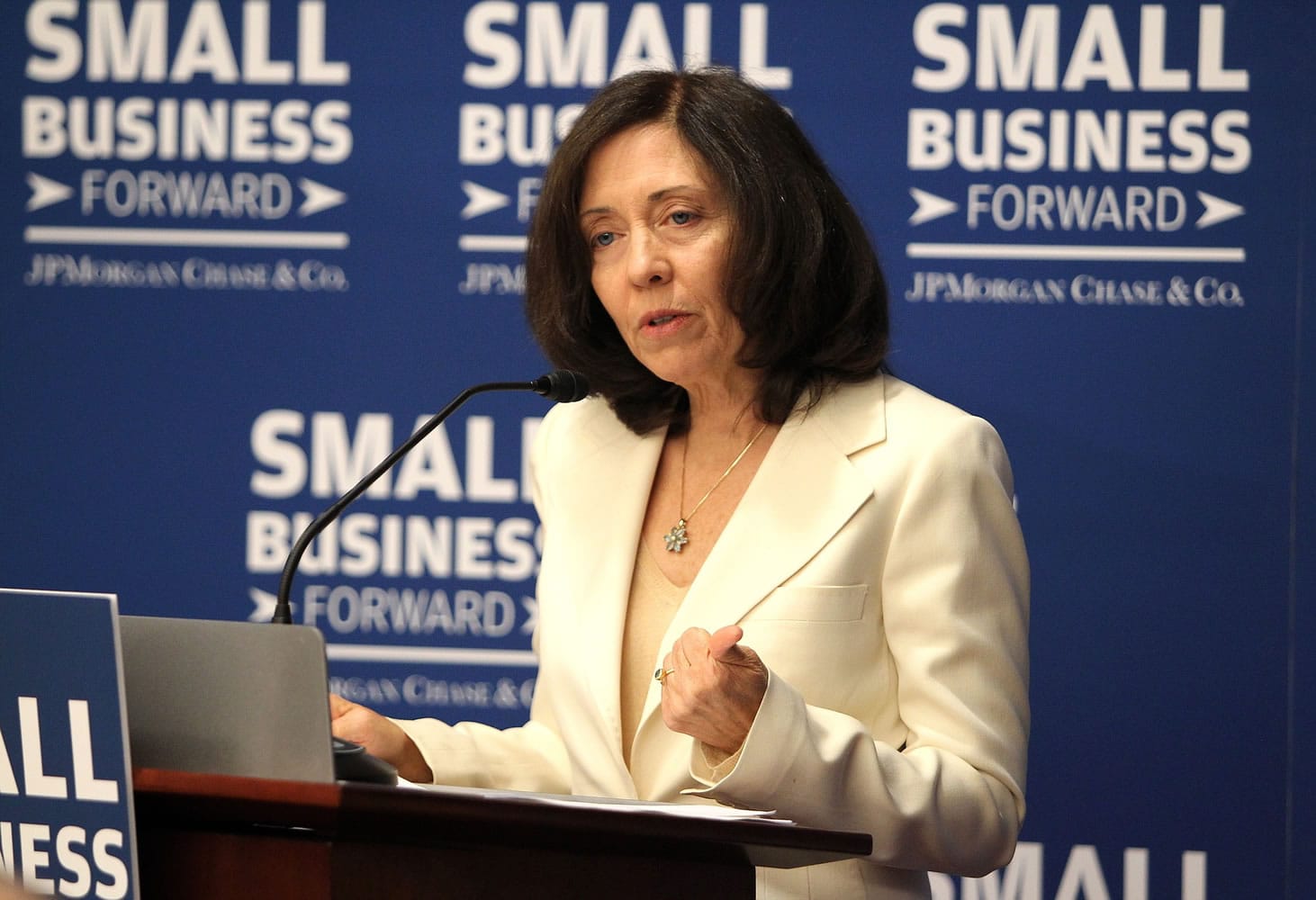WASHINGTON — Congress is hardly a bastion of diversity. The Senate is 93 percent white. The Republicans in the House don’t have a single African-American or Asian-American member. And men in both chambers outnumber women 4 to 1.
So what were Sen. Maria Cantwell, D-Wash., and Rep. Suzan DelBene, D-Wash., doing at Microsoft’s Worldwide Partner Conference in Washington, D.C., last week?
Telling Microsoft and other tech titans to build up their ranks of women.
Cantwell and DelBene, were the lone lawmakers to appear at the five-day event, Microsoft’s annual global fest for networking. Rep. Cathy McMorris Rodgers, R-Wash., was invited, but canceled at the last minute because of a conflict with scheduled congressional votes.
At a Women in Tech panel, Cantwell noted that a record 20 of the 100 U.S. senators are women. That’s the same as their share among software developers and tech executives. The lack of female perspective, Cantwell said, is a serious shortage in an economy where women make 85 percent of the spending decisions.
Cantwell drew a sharp contrast between the sexes — at least in politics.
“We have a saying in the Senate: When the TV cameras are on, there are two kinds of senators. There are those who immediately check their hair and makeup … and then there are the women.
“I think women are more interested in getting things done than claiming credit,” said Cantwell, who before running for the Senate was senior vice president at RealNetworks, the Seattle-based Internet audio-streaming pioneer.
Cantwell said women’s increased presence in the Capitol was responsible for key legislation, including boosting funding to the National Institutes of Health for research on women’s health issues and the 2013 passage of the Violence Against Women Act to toughen penalties for domestic batterers.
Yet, Cantwell said, women are often underestimated.
She talked of last year’s budget agreement negotiated between Sen. Patty Murray, D-Wash., and Rep. Paul Ryan, R-Wis. The deal helped set the overall 2014 spending levels, a dispute that earlier had triggered October’s 16-day federal government shutdown.
For that achievement, Ryan was “lauded on TV as maybe the next presidential candidate,” Cantwell said at the Walter E. Washington Convention Center.
But when it came to the 5-foot Murray, “the only thing they talked about was her stature, which just shows you that we don’t always get all the credit.”
“I think it is very important for women to stand up and take credit,” she said.
DelBene, a former Microsoft executive whose husband, Kurt DelBene, retired last year as head of Microsoft’s Office division, spoke briefly at an earlier reception at the conference.
Aaron Schmidt, DelBene’s chief of staff, said she discussed the importance of diversity to innovation. Assembling people of different skills and background, DelBene said, will fuel creativity as computing migrates away from desktop PCs to tablets, smartphones and new devices.
If Cantwell and DelBene’s message needs to be heard anywhere, it might well be in Silicon Valley and other tech corridors. The industry, dominated by mostly young men, has come under fire for both the dearth of women and for sometimes overtly misogynistic culture.
Only a quarter of computer and math jobs in the country are held by women, according to 2013 data from the U.S. Bureau of Labor Statistics.
Women account for 24.4 percent of Microsoft’s U.S. employees. At Google, 17 percent of technical workers worldwide are female.
The imbalance partly reflects that women are less likely to pursue studies in relevant fields. In 2012, for example, women earned only 18 percent of the 48,000 bachelor’s degrees awarded in computer sciences by American colleges.
The share of women who earned master’s degrees in computer sciences was higher, nearly 28 percent, according to the National Science Foundation. But about half of those were awarded to foreign students, not U.S. citizens or permanent residents.



